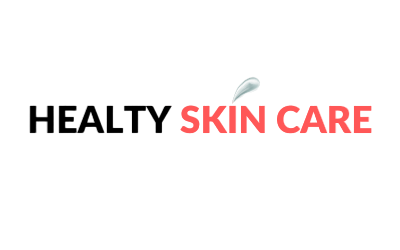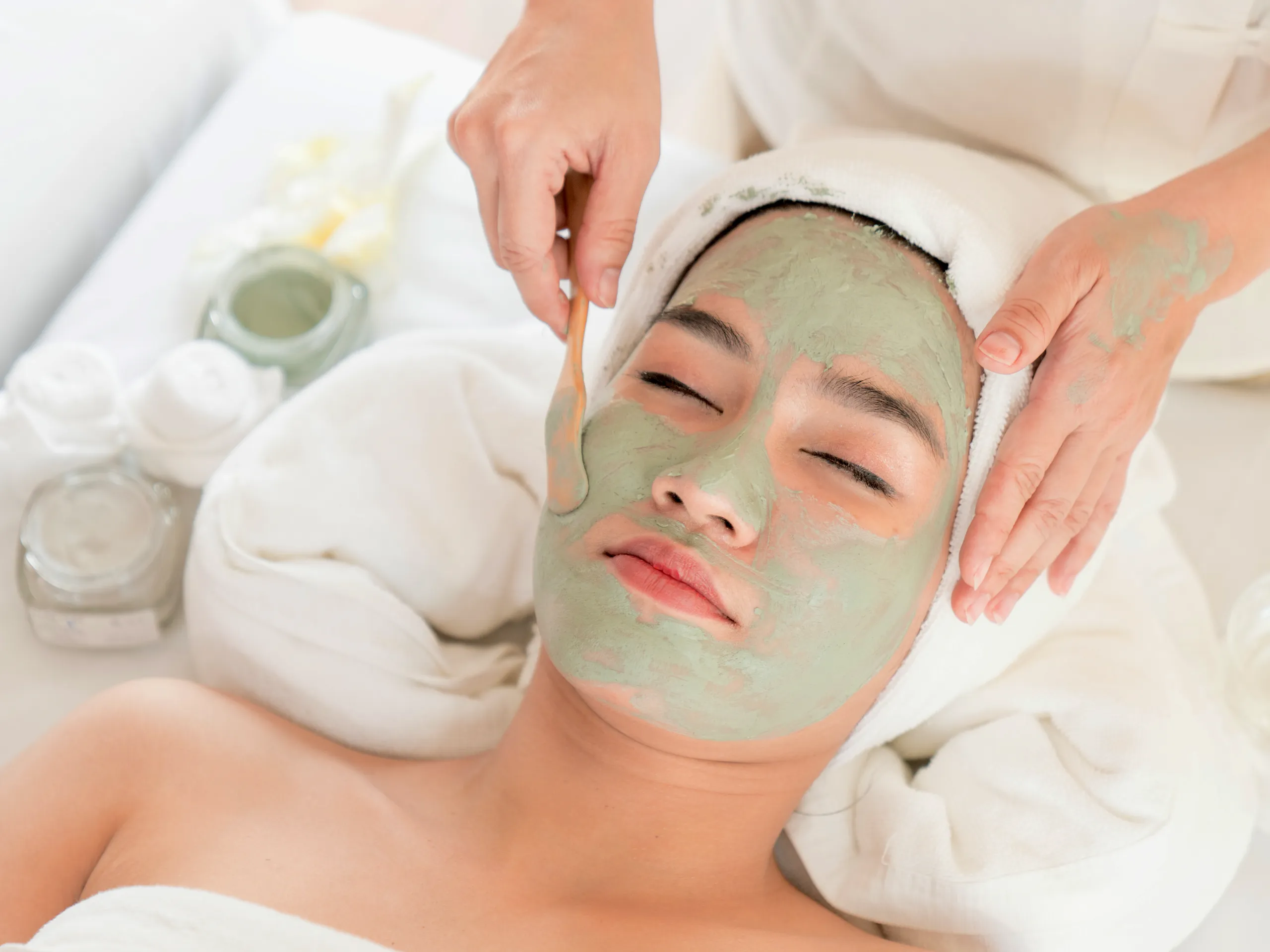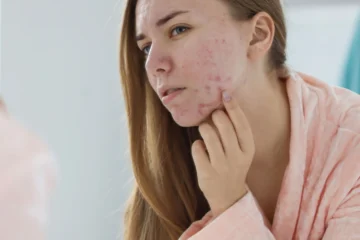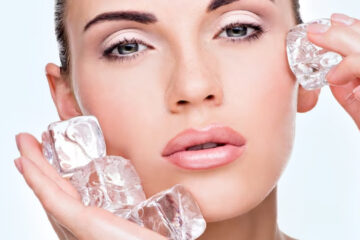The Growing Importance of Skincare
In today’s world, where beauty and health often go hand in hand, skincare has become a crucial part of our daily routines. From elaborate multi-step regimens to simple, minimalist approaches, the pursuit of flawless skin is universal. However, with the rise of various skincare trends and products, myths and misconceptions abound. These myths can lead to ineffective, sometimes harmful practices and prevent people from achieving their best skin. In this post, we’ll debunk ten common skincare myths, providing you with accurate information to make informed decisions about your skincare routine.
Myth 1: “Natural is Always Better for Your Skin”
The allure of natural skincare products is strong. They’re often marketed as safer and more effective than synthetic alternatives. However, the truth is more nuanced. While natural ingredients can be beneficial, they are not universally better for your skin.
Scientific studies have shown that natural ingredients can sometimes cause irritation or allergic reactions. For instance, essential oils, popular in natural skincare, can be highly irritating for some individuals. On the other hand, synthetic ingredients are formulated for stability and effectiveness, reducing the risk of adverse reactions.
It’s essential to understand that the effectiveness of a skincare product depends on its formulation and how well it suits your skin type, rather than whether its ingredients are natural or synthetic. Consulting a dermatologist can help you determine the best products for your skin’s unique needs.
Myth 2: “You Only Need Sunscreen on Sunny Days”
Sunscreen is often associated with beach days and summer activities. However, protecting your skin from the sun’s harmful rays should be a year-round commitment. UV rays can penetrate through clouds and even windows, causing damage to your skin regardless of the weather.
Daily sunscreen use is crucial for preventing skin cancer, premature aging, and other skin concerns. According to the American Academy of Dermatology, everyone should apply a broad-spectrum sunscreen with an SPF of 30 or higher every day, even on cloudy or rainy days.
For those with sensitive skin, there are numerous options available. Look for sunscreens labeled as “best sunscreen for sensitive skin” to ensure you get protection without irritation.
Myth 3: “Acne is Caused by Poor Hygiene”
One of the most pervasive myths about acne is that it’s a result of poor hygiene. While cleanliness is important, acne is influenced by a variety of factors, including hormones, genetics, and bacteria. Over-washing your face can strip your skin of its natural oils, exacerbating acne.
Effective acne treatment options often include a combination of topical treatments, oral medications, and lifestyle changes. Consulting a dermatologist can help you develop a personalized plan to manage and reduce acne.
Understanding that acne is a complex condition helps reduce the stigma and allows for more effective management strategies.
Myth 4: “The Higher the Price, the Better the Product”
It’s easy to assume that a higher price tag indicates a more effective skincare product. However, the cost of a product doesn’t always correlate with its effectiveness. Many affordable products contain high-quality ingredients and deliver excellent results.
Researching product reviews and consulting skincare experts can help you identify effective products within your budget. Brands like The Ordinary and CeraVe offer budget-friendly options without compromising on quality.
Ultimately, the best skincare routine is one that suits your skin type and addresses your specific concerns, regardless of the price.
Myth 5: “Aging is Inevitable, Skincare Can’t Help”
While aging is a natural process, effective skincare can significantly slow down its visible effects. Anti-aging creams and serums containing ingredients like retinoids, hyaluronic acid, and antioxidants can help reduce fine lines, wrinkles, and age spots.
Scientific studies support the use of these ingredients for their anti-aging benefits. For instance, retinoids are known to stimulate collagen production, while hyaluronic acid helps retain moisture, keeping the skin plump and hydrated.
Incorporating targeted anti-aging products into your routine can help you maintain a youthful appearance and improve your skin’s overall health.
Myth 6: “Oily Skin Doesn’t Need Moisturizing”
Contrary to popular belief, oily skin still needs hydration. Skipping moisturizer can lead to an overproduction of oil as your skin tries to compensate for the lack of moisture. The key is to choose the right type of moisturizer.
Gel-based and non-comedogenic moisturizers are ideal for oily skin, as they provide hydration without clogging pores. Ingredients like hyaluronic acid and glycerin are excellent for adding moisture without adding excess oil.
Regular moisturizing helps balance your skin’s oil production and keeps it healthy and hydrated.
Myth 7: “Exfoliating Daily is Good for Your Skin”
Exfoliation is essential for removing dead skin cells and promoting cell turnover. However, doing it too frequently can cause irritation, dryness, and even damage your skin barrier. Most skincare experts recommend exfoliating 2-3 times a week, depending on your skin type.
There are different types of exfoliants, including physical scrubs and chemical exfoliants like AHAs and BHAs. It’s crucial to choose one that suits your skin type and sensitivity level. Over-exfoliating can lead to redness, sensitivity, and breakouts.
Pay attention to your skin’s response and adjust your exfoliation frequency accordingly for the best results.
Myth 8: “Skincare Products Can Shrink Pores”
The size of your pores is largely determined by genetics, and no skincare product can permanently shrink them. However, certain products can minimize their appearance. Ingredients like salicylic acid, niacinamide, and retinoids can help keep pores clear and less noticeable.
Regular exfoliation and proper cleansing can also prevent clogged pores and reduce their appearance. Avoiding heavy, pore-clogging products can make a significant difference in how your pores look.
Understanding the science behind pore size helps set realistic expectations for your skincare routine.
Myth 9: “You Can’t Overdo It with Skincare Products”
More isn’t always better when it comes to skincare. Overloading your skin with too many products can lead to irritation, sensitivity, and breakouts. This phenomenon, often referred to as “overloading the skin,” can compromise your skin barrier and cause more harm than good.
It’s essential to keep your skincare routine simple and focus on products that address your specific concerns. Start with a basic routine and gradually introduce new products, allowing your skin to adjust.
Listening to your skin and giving it what it needs, without overdoing it, is the key to a healthy, balanced skincare routine.
Myth 10: “All Skin Types Can Use the Same Products”
Every individual’s skin is unique, and what works for one person might not work for another. Tailoring your skincare routine to your skin type is crucial for achieving the best results. For example, products designed for dry skin might be too heavy for oily skin and vice versa.
Understanding your skin type, whether it’s oily, dry, combination, or sensitive, helps you choose the right products. Consulting a dermatologist can provide personalized recommendations and ensure you’re using products that suit your skin’s needs.
A customized skincare routine tailored to your skin type is the foundation of effective skincare.
Conclusion
Navigating the world of skincare can be challenging with so many myths and misconceptions. By debunking these common myths, we hope to empower you with accurate information to make informed decisions about your skincare routine. Remember, seeking professional advice and relying on credible sources is essential for achieving and maintaining healthy, glowing skin.
If you’re ready to take your skincare routine to the next level, consider consulting with a dermatologist or skincare expert. They can provide personalized recommendations and help you achieve your skin goals. Keep exploring, stay informed, and enjoy the journey to beautiful, healthy skin.





